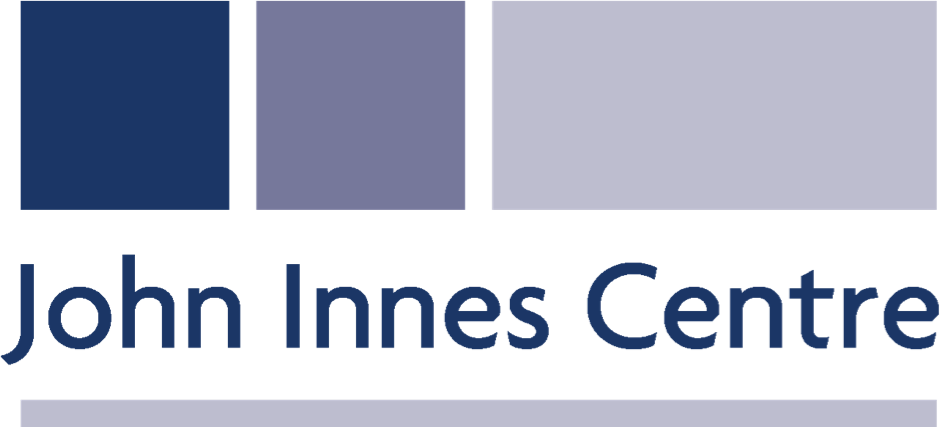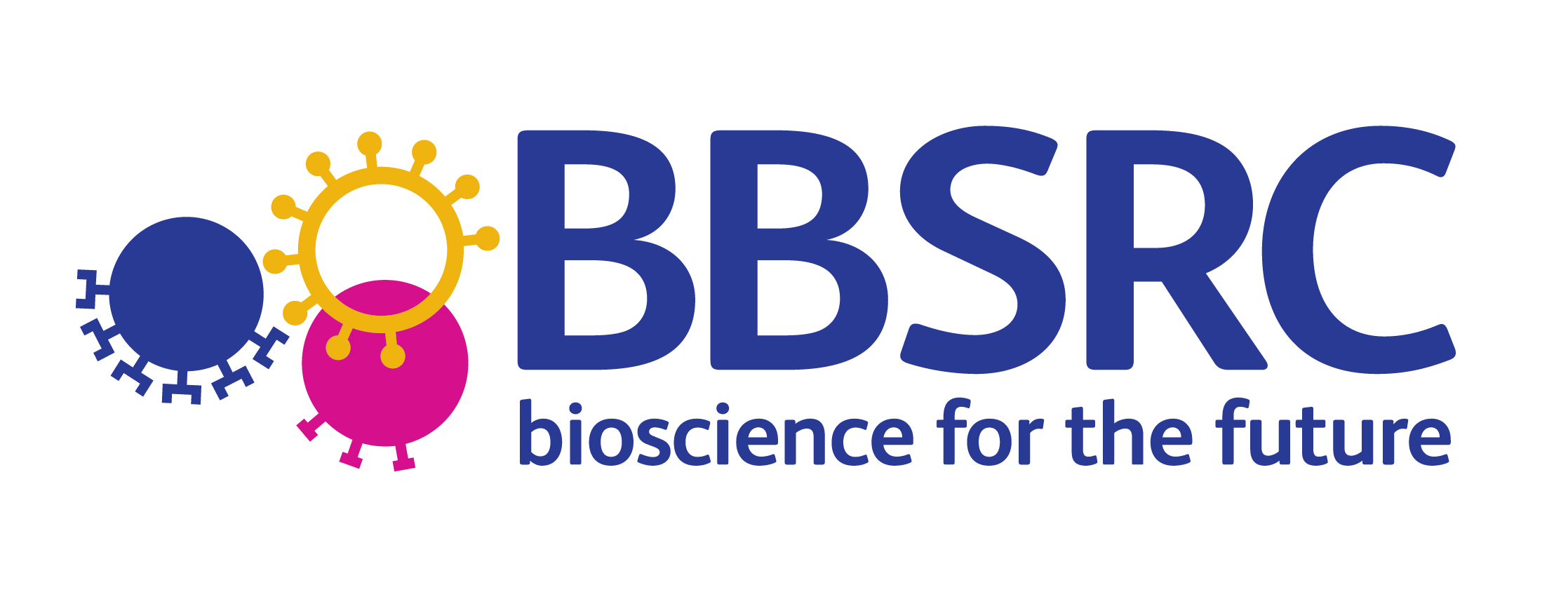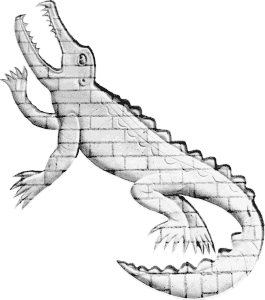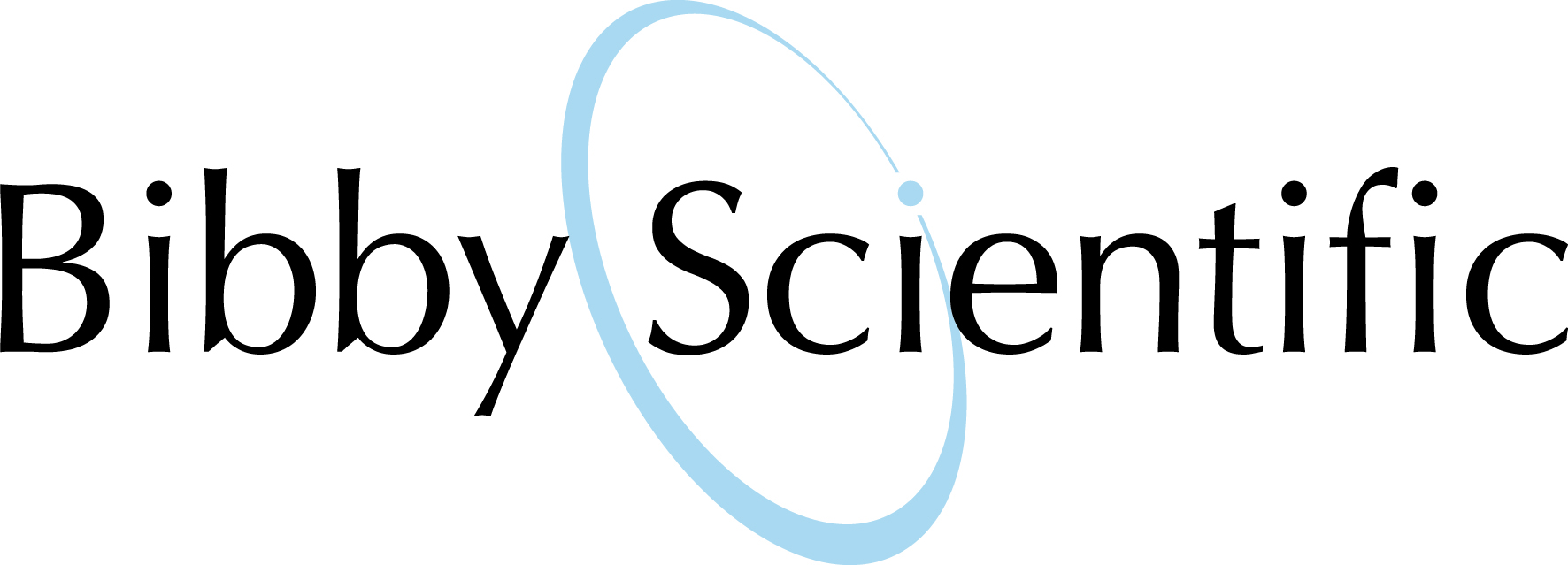Glossary of Terms
Arduino - An open-source prototyping platform based on easy-to-use hardware and software. It is a microcontroller that is programmed through the Arduino software IDE (arduino.cc).
CAD – Computer Aided Design. The use of computer programs to make high precision 2D and 3D designs.
CERN OHL – An open hardware license developed and used by CERN (European Organisation for Nuclear Research) based on Copyleft principles.
Compatibility – An issue that arises when different licenses have conflicting requirements that prevent them from being combined. A particularly common issue with software.
Copyleft – A license type that allows products, designs and software to be released freely for modification, distribution and use. Any derivatives must be licensed under the same conditions.
Copyright – A legal right that gives the creator of a design, artistic work or software exclusive rights to its use and distribution. In most cases they last for a limited amount of time.
Creative Commons - A global non-profit organization that enables sharing and reuse of creativity and knowledge through the provision of free legal tools (CC Wiki).
Git – a revision control system created by Linus Torvalds for the Linux kernel. It allows modifications to be tracked and recorded.
Github – An online Git repository that has a number of additional features to version control such as a graphical interface (github.com).
GPL – General Public License. The most widely used free software license, and the first Copyleft license released for general use.
License – A permit for an activity that would otherwise be illegal. This can include distributing, using or modifying another’s designs or products.
Licensee – A person exercising their rights under the license.
Network Protective – A form of Copyleft license that has provisions for the use of software over a computer network. Code must be made available for people accessing the network.
Open-source - Hardware whose design is made publicly available so that anyone can study, modify, distribute, make, and sell the design or hardware based on that design (OSHWA).
OSHWA – Open-source Hardware Association. An organisation that provides information and best practices for releasing open-source hardware.
Patent – Recognition from the government for an inventor to have exclusive rights to make, use and sell the invention. Usually lasts for a limited amount of time.
PCB – Printed Circuit Board. A board that connects electronics components using conductive tracks on an insulating board.
Permissive License – An open-source hardware license that permits derivatives of the product to be made proprietary.
Proprietary – A product privately owned by an individual or corporation under patent or trademark, and therefore not open to be modified, remixed or redistributed.
Strongly Protective – A form of Copyleft license that adheres to all the standards of the Copyleft principles.
TAPR OHL – An open hardware license developed and used by Tucson Amateur Packet Radio under the principles of Copyleft.
Viral - A pejorative term for Copyleft licenses, referring to Copyleft licensed code ‘infecting’ proprietary software.
Weakly Protective - A form of Copyleft license that has elements of a Permissive license. Computer code cannot be made proprietary, but can be made part of a larger proprietary program.




















